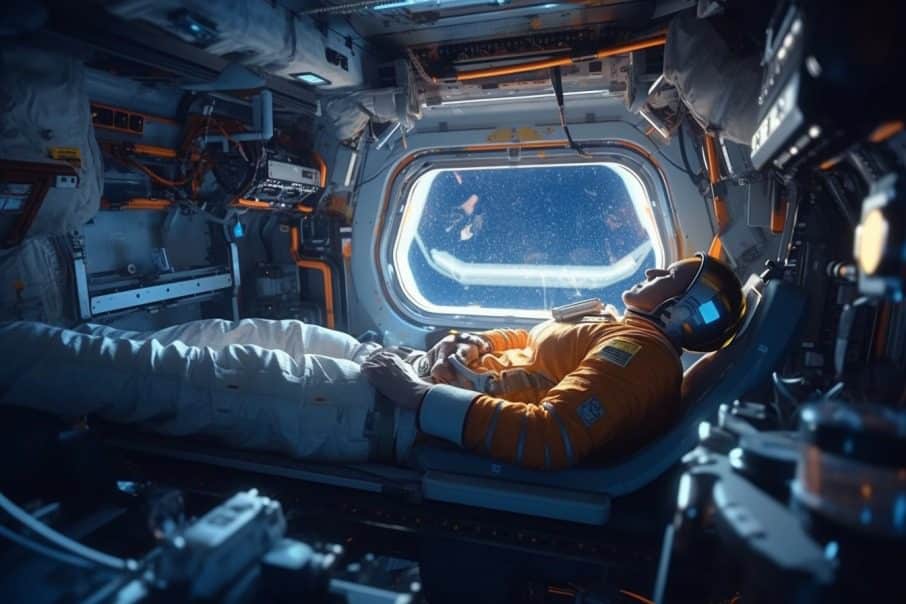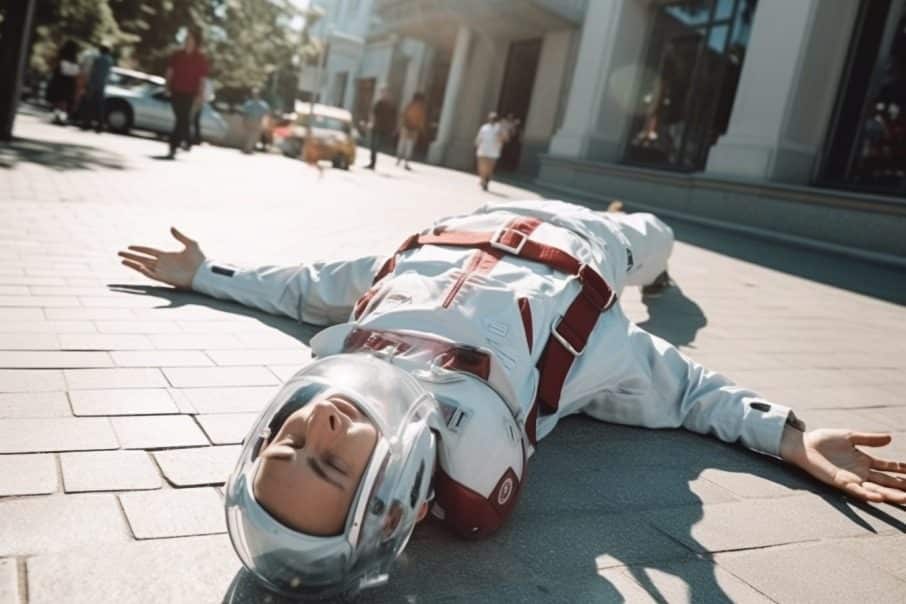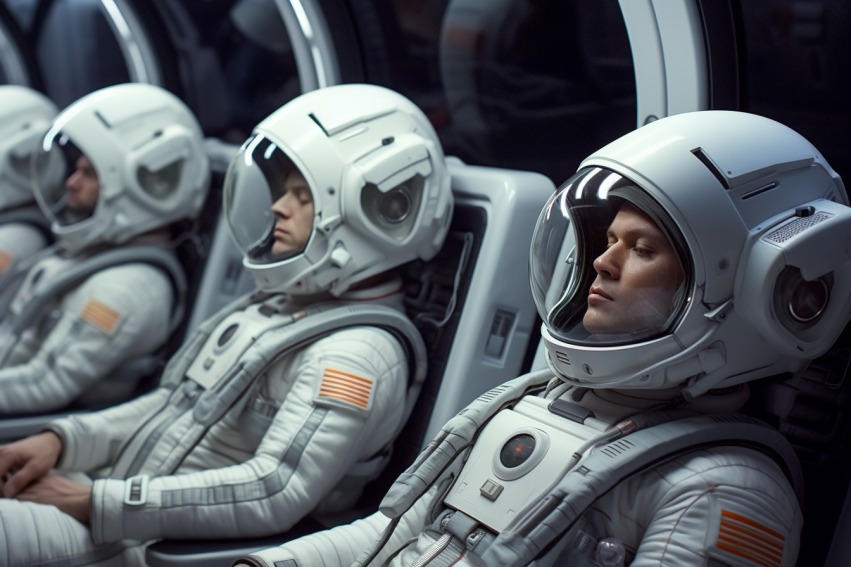The possibility of space travel in a state of deep sleep, once relegated to science fiction, is now closer to reality thanks to a recent scientific discovery. The practice of artificially induced hibernation, similar to the natural one of many creatures on our planet, could give humans the possibility of long interstellar journeys in a sort of winter hibernation. A perspective which, far from the imaginative plots of Star Trek, rests on solid scientific foundations.
Sleep to reach the stars
The team of scientists, led by Professor hong chen of Washington University in St. Louis, managed to trigger hibernation in mice and rats (creatures that do not normally hibernate) using ultrasonic pulses. And now they wonder if we can't do the same with humans. In summary, the researchers discovered a specific group of neurons in the hypothalamus that regulate the body's temperature and metabolism during hibernation.
Using a helmet that emits ultrasound, they then managed to artificially activate these neurons in mice. Result? The mice “cooled” by about 3 degrees Celsius for an hour, their metabolism switched from carbohydrates and fats to only fats (a typical characteristic of hibernation), and their heart rate decreased by 47%. All of this happened at room temperature.

Hibernation “on demand”, a new horizon for medicine
Imagine astronauts with special helmets that direct ultrasound towards thehypothalamus to induce a state of hypothermia and hypometabolism: hibernation on command. It would be incredible, but there's more. As well as being able to be used for long space journeys, this discovery also has huge medical implications: the induced state of torpor could give doctors precious time to treat life-threatening conditions, such as heart attacks and strokes. “This offers promising prospects for improving patients' chances of survival,” Chen said.
And that's not all. This non-invasive technology could lead to the development of wearable devices, such as ultrasonic helmets, for easy access in emergency situations. This and other possible applications are contained in the study published in Nature Metabolism (I link it here).

In summary, we are preparing for a future where sleeping means realizing a dream. It may not be long before an ultrasound system puts people who are losing too much blood “to sleep,” or astronauts on long intergalactic voyages, or who knows what else. Why set limits? Never rest on your laurels! Unless it's "on demand" sleep.


